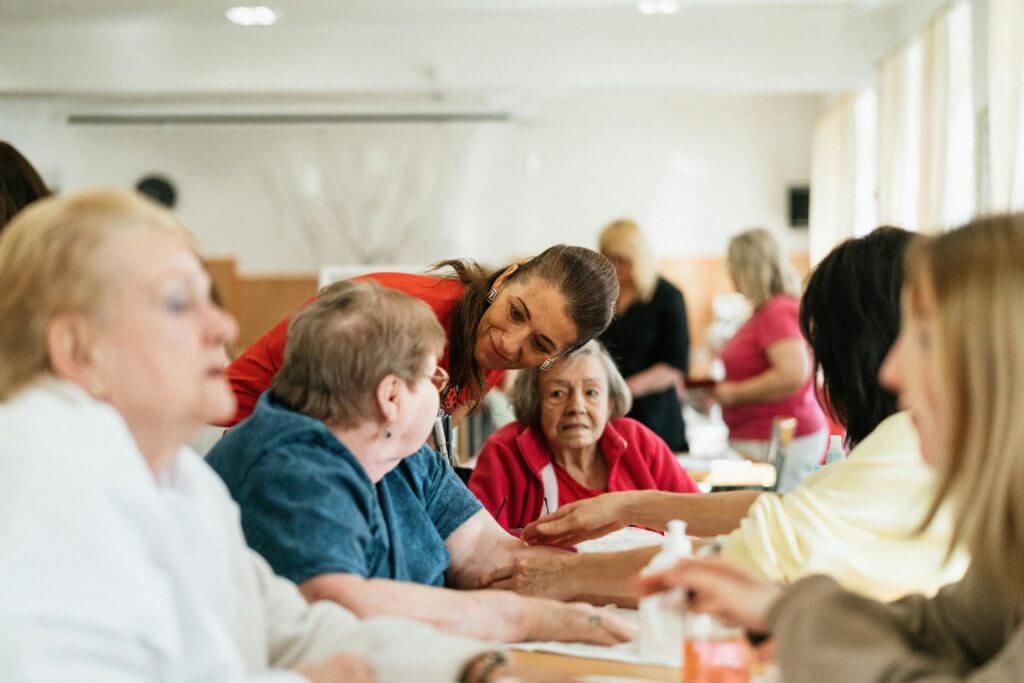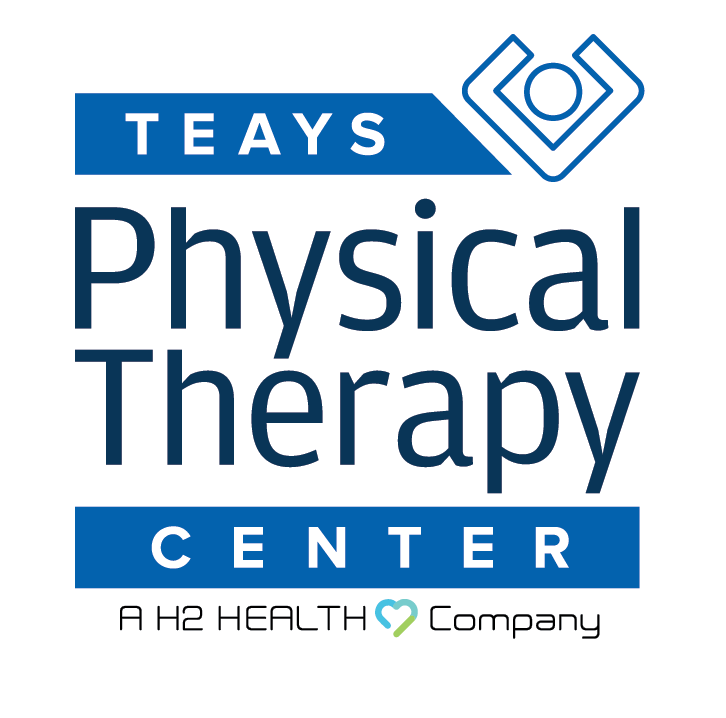
Dementia is a progressive neurodegenerative disorder characterized by cognitive decline, memory loss, and behavioral changes. It poses significant challenges for both patients and their families. Providing care and support at home is a preferred option for many families, as it allows loved ones with dementia to maintain familiar surroundings and routines. This report explores strategies and best practices for dementia care in communities, focusing on safety and enhancing the quality of life for patients.
Dementia, including Alzheimer’s disease, is a global health concern characterized by cognitive impairment, memory loss, and behavioral changes. It affects not only the individuals diagnosed but also their families and caregivers. Many families opt for home care for their loved ones with dementia as it offers a more personalized and familiar environment.
Tips to ensure your loved one’s well-being:
1. Research and Visit Facilities
Take the time to research different care communities in your area. Visit them in person to get a sense of the environment, cleanliness, and the way staff interacts with residents. Ask questions about their approach to dementia care, activities offered, and staff-to-resident ratios.
2. Specialized Dementia Care
Look for facilities that specialize in dementia care. These communities typically have staff trained in dementia care techniques, and their physical environment is designed to meet the unique needs of dementia patients.
3. Routine and Consistency
People with dementia often thrive on routine and familiarity. Choose a facility that can provide a structured daily schedule, including meals, activities, and rest. Consistency in routines can help reduce anxiety and confusion.
4. Safety Measures
Ensure the facility has safety measures in place to prevent wandering and falls. This might include secure doors and well-maintained walking areas. If your loved one is prone to wandering, consider a facility with a secure memory care unit.
5. Medication Management
Verify that the staff is experienced in medication management. People with dementia often require multiple medications, and it’s crucial that these are administered correctly and on schedule.
6. Engaging Activities
Check if the facility offers a variety of engaging activities tailored to dementia patients. These activities can include music therapy, art, gentle exercise, and reminiscence therapy. Engagement can improve mood and cognitive function.
7. Nutrition
Ensure that the facility provides well-balanced meals and snacks suitable for individuals with dementia. Nutritional needs can change as the disease progresses, so discuss this with the staff.
8. Communication
Maintain open lines of communication with the staff. Share information about your loved one’s preferences, behaviors, and any changes in their condition. Regular updates from the staff can also help you stay informed about their well-being.
9. Comfort and Personalization
Personalize your loved one’s living space with familiar items, such as family photos and favorite possessions. Familiar surroundings can provide comfort and reduce anxiety.
10. Support Groups
Consider joining a support group for caregivers of individuals with dementia. These groups can offer emotional support, information, and coping strategies.
11. Regular Visit
Visit your loved one regularly to provide emotional support and assess their well-being. Be flexible and adjust your visits based on their comfort level and needs.
12. Advocate for Their Rights
Be an advocate for your loved one’s rights and needs. Ensure they receive the care and respect they deserve.
13. Respite for Yourself
Taking care of someone with dementia can be emotionally and physically draining. Don’t forget to take breaks and seek respite care to recharge and prevent burnout.
Remember that every individual with dementia is unique, and their needs may change over time. Continuously assess the quality of care your loved one is receiving and be prepared to make adjustments as necessary to ensure their safety and happiness in a care community. By implementing these strategies and seeking support from medical professionals who provide preventative medicine, you can ensure your loved ones have the tools they need to be as independent as possible. H2 Health helps people with dementia stay upright and healthy through specialized physical, occupational, and speech therapy services in their home. We work on exercises and stretches that prevent falls before they happen. To learn more, call (904) 618-3778 or email seniorservicesfl@h2health.com.
For more resources, check out the Alzheimer’s Society.
Sources:
- Alzheimer’s Association. (2021). Home Safety. [https://www.alz.org/help-support/caregiving/safety/home](https://www.alz.org/help-support/caregiving/safety/home)
- Alzheimer’s Society. (n.d.). Living at home. [https://www.alzheimers.org.uk/get-support/daily-living/living-home](https://www.alzheimers.org.uk/get-support/daily-living/living-home)
- Alzheimer’s Society. (n.d.). Safety in the home. [https://www.alzheimers.org.uk/get-support/staying-independent/safety-home](https://www.alzheimers.org.uk/get-support/staying-independent/
safety-home) - Mayo Clinic. (2021). Dementia care: 8 tips for coping with dementia. [https://www.mayoclinic.org/healthy-lifestyle/caregivers/in-depth/dementia-care/art-20342110](https://www.mayoclinic.org/
healthy-lifestyle/caregivers/in-depth/dementia-care/art-20342110)




































